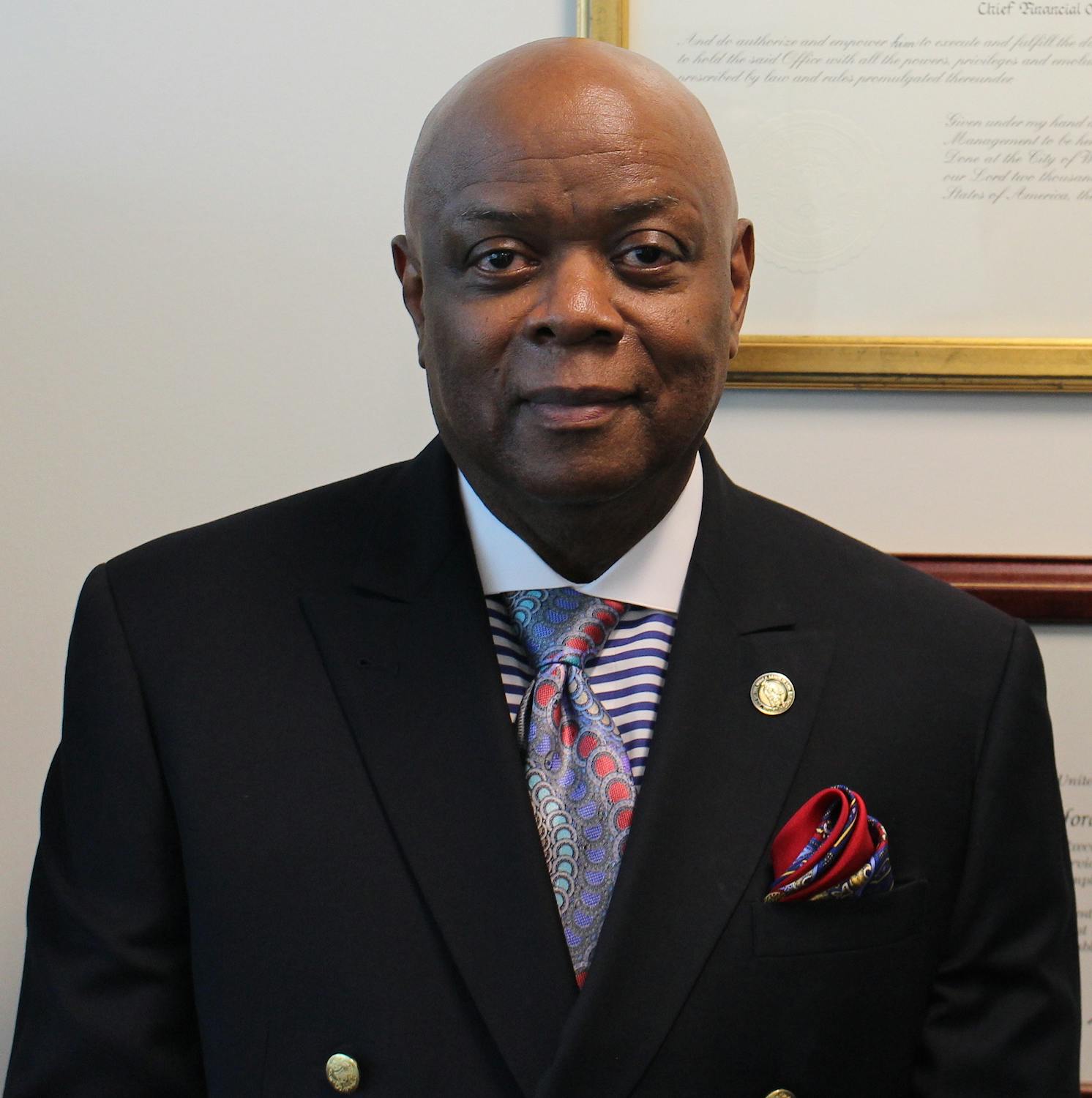Clarence C. Crawford is an adjunct professor in the American University’s
Master of Public Administration (MPA) Program. He was appointed by
Gov. Hogan and reappointed by Gov. Wes Moore to serve as a Member of
the Maryland State Board of Education where he currently serves as the
President Emeritus. Clarence is the founder and president of the Teach ‘em
to Fish CDC. He is also a member of the Office of Personnel Management’s
(OPM) Presidential Rank Review Panel, and he is an executive coach and
mentor.
Beginning as a GS-1, Clarence learned how to progress through the ranks and how to become a
strong leader, enabling him to become a senior executive, ES-6 chief operating officer and chief
financial officer. He used innovative approaches to lead successful transformations. Clarence
specialized in starting up new functions, creating high performance organizations, and turning
around less than stellar ones. His senior executive career included positions at the General
Accounting Office, Office of Management and Budget, U.S. Patent and Trademark Office, and OPM
where he oversaw the $1.8 trillion Federal employee pension and benefits fund programs.
Clarence’s career also included assignments as a Metropolitan Police Officer, Presidential
Management Intern, and numerous assignments at the Internal Revenue Service.
Upon retirement from the Federal government with 39 years of service in 2006, Clarence was
recruited as a managing director to create a Deloitte presence among Federal CFOs. He grew his
account into one of the Federal practice’s best performing accounts. Clarence retired from Deloitte
Consulting, LLP in April 2014. He later served as the Senior Vice President for Corporate Solutions
for the Addx Corporation. Finally, he completed his appointment as a Principal Director (Maryland)
and 1st Vice Chair of the Washington Metropolitan Area Transit Authority (WMATA) Board.
For his outstanding service as President of the Maryland State Board of Education (2020-2024),
Clarence earned Citations from the Maryland Governor and Maryland State Senate, Resolutions
from the Blueprint for Maryland’s Future Accountability and Implementation Board and the
Maryland State Board of Education., and AIM Institute for Learning & Research’s Sally L. Smith
Founders Award. In addition, he was a Meritorious Presidential Rank Award recipient, elected as a
National Academy of Public Administration Fellow, and received the African American Federal
Executive Association’s Ebenezer Bassett Award. He earned his MPA in Finance and Bachelor of
Science in Administration of Justice from the American University, and he has taken classes at the
Capital Bible Seminary.
His life experiences have taught Clarence that success is not measured by what you accomplish, but by the
opposition you have encountered…. (Orison Swett Marden). Clarence’s success has come because of
having dyslexia and graduating high school unable to read. By the grace of God, strong support
from family and friends, and a bullheaded determination, he taught himself to read as a 22-year-old
college freshman-police officer. Learning to read opened the doorway that unleashed dyslexia’s
superpowers for Clarence’s true success.
History of Employment
Primary Policy Areas
Board Governance, Budget and Finance, Criminal Justice/Justice, Education, Ethics, Government Operations/Innovation, Homeland Security, Intergovernmental System/Federalism, Labor/Workforce Training and RecruitmentLabor, Nonprofit/Philanthropy, Transportation
Primary Sector of Expertise
Federal
Primary Functions
Academic Faculty, Budgeting and Finance, Change Management, Enterprise Risk Management, Intergovernmental, Nonprofit / NGO leadership, Organizational Structure/Design/Development, Performance Measurement, Program Evaluation, Risk Management, State Government, Strategic Planning, Working Capital Funds
Management Matters Podcast
Developing Governance Models in Maryland with Clarence Crawford
Season: 1 Episode:117 | July 08, 2022
Show Notes:
On this episode, we welcome Clarence Crawford, Member of the Maryland State Board of Education and Academy Fellow, to discuss his journey in public service, finding intergovernmental solutions at Washington Metropolitan Area Transit Authority (WMATA), and helping Maryland schools navigate the COVID Pandemic.
